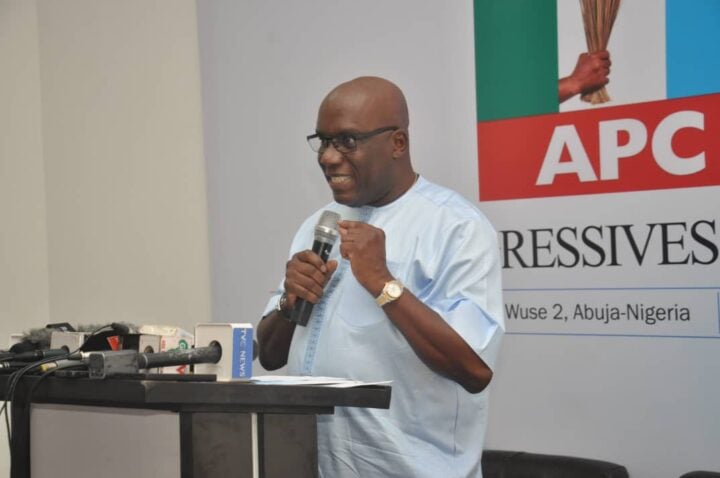A gavel
Kazeem Alogba, the chief judge of Lagos, says state courts should have jurisdiction over cybercrime offences.
Currently, the Cybercrimes (Prohibition, Prevention, Etc.) Act allows only federal high courts to prosecute cybercrime offences.
Speaking on Tuesday at an event organised by the Lagos judiciary to mark the opening of the 2024/2025 legal year, Alogba warned that leaving the responsibility solely to federal courts could overwhelm them.
“Jurisdiction needs to go round all the courts because, very soon, like what interlocutory appeals have done to our appellate courts, these issues of cybercrimes will hit a lot of blows on our federal courts if they are left alone to handle them. They will be overwhelmed in a very short time,” he said.
Advertisement
Alogba stressed the need for a more inclusive approach to tackling cybercrime.
The chief judge noted that cyber criminals are often ahead of security operatives and the public in their schemes, making it crucial for all stakeholders to collaborate in addressing the menace.
Elfreda Williams-Dawodu, a judge at the court of appeal in Port Harcourt, spoke on the serious criminal implications of cybercrime, particularly its threat to personal, economic, and national security.
Advertisement
She highlighted the growing risks posed by Nigeria’s reputation as a hub for cybercrime.
“Despite the benefits of the cyberspace, the dark cloud of cybercrimes looms large, and the nature of the space makes it difficult to address,” she said.
Williams-Dawodu emphasised the importance of creating a safe digital environment, warning of the rapid growth of artificial intelligence (AI) and its potential for criminal misuse.
She also cited the alarming rise of sextortion cases in Nigeria, referencing the infamous Ogoshi brothers’ case.
Advertisement
To combat cyber threats, the judge called for continuous investment in cybersecurity infrastructure and legal reforms.
“Law enforcement agencies must be empowered with the financial and technical resources needed to combat cyber threats,” she said, advocating for specialised cybercrime units and advanced digital forensics training to secure convictions.
Muiz Banire, a senior advocate of Nigeria (SAN) noted that victims of cyber fraud can seek compensation from financial institutions for losses incurred.
He also highlighted challenges posed by dual jurisdictions in prosecuting cybercrime cases.
Advertisement
The speakers unanimously agreed on the need for improved legal frameworks and increased public awareness to address the growing challenges of cybercrime in Nigeria.
Advertisement
Add a comment









